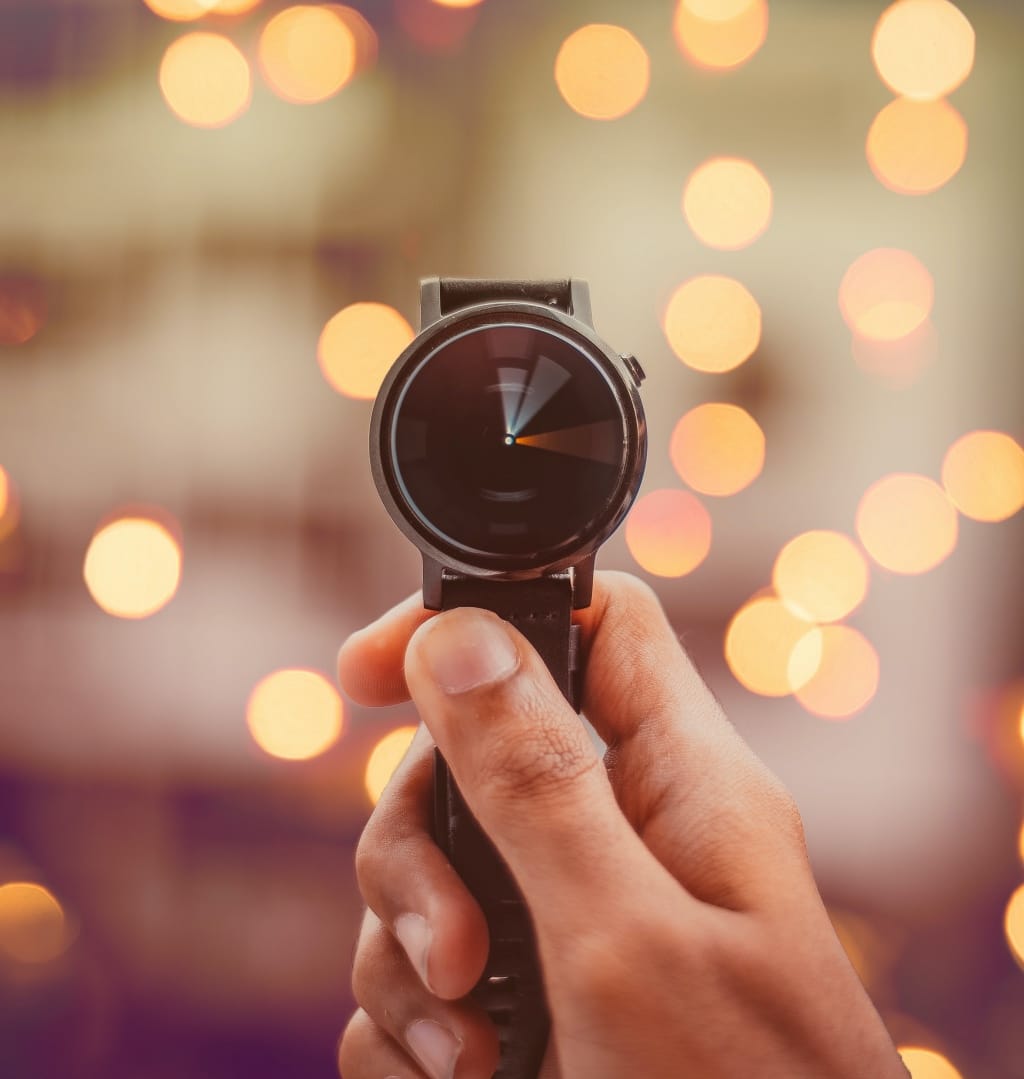Can One Pray Just Before the Time Expires?
Shafi'i Fiqh
Answered by Shaykh Irshaad Sedick
Question
What is the ruling regarding delaying the prayer until the last ten minutes? Upon reflection, I find it reasonable to consider such a practice as a potential sign of a lack of faith. However, is it considered haram, or does it invalidate one’s prayer if performed just a few minutes before the adhan?
Answer
In the Name of Allah, the Most Merciful and Compassionate. May Allah alleviate our difficulties and guide us to what pleases Him. Amin.
Delaying the prayer to the point where some of it falls outside its prescribed time is prohibited. Purposefully delaying the prayer while still praying within the prescribed time is valid but not as rewarding, and Allah knows best.
Praying Early is Among the Best Deeds
It is best and most rewarded to pray every prayer at the first of its time, taking the necessary steps at its outset, such as purification, clothing one’s nakedness, giving the call to prayer (adhan) and call to commence (iqama), and then praying.
‘Abdullah (Allah be pleased with him) asked the Prophet Muhammad (Allah bless him and give him peace) “Which deed is the dearest to Allah?” He replied, “To offer the prayers at their early stated fixed times.”… [Bukhari]
Delaying a Prayer Beyond its Prescribed Time
Suppose less than one rak’a of one’s prayer occurs within the proper time (meaning that one does not lift one’s head from the second prostration of the rak’a before the time ends), and the remainder takes place after it. In that case, the whole prayer is considered a make-up (qada) prayer. [Misri, ‘Umdat al-Salik]
Delaying a Prayer Till Just Before its Time Expires
If one rak’a or more occurs within the prayer’s time and the remainder is after it, the prayer is considered a current performance (ada’). However, it is unlawful to intentionally delay the prayer until part of it occurs after the time is finished. [ibid.]
I pray this is of benefit and that Allah guides us all.
[Shaykh] Irshaad Sedick
Checked and Approved by Shaykh Faraz Rabbani
Shaykh Irshaad Sedick was raised in South Africa in a traditional Muslim family. He graduated from Dar al-Ulum al-Arabiyyah al-Islamiyyah in Strand, Western Cape, under the guidance of the late world-renowned scholar, Shaykh Taha Karaan.
Shaykh Irshaad received Ijaza from many luminaries of the Islamic world, including Shaykh Taha Karaan, Mawlana Yusuf Karaan, and Mawlana Abdul Hafeez Makki, among others.
He is the author of the text “The Musnad of Ahmad ibn Hanbal: A Hujjah or not?” He has served as the Director of the Discover Islam Centre and Al Jeem Foundation. For the last five years till present, he has served as the Khatib of Masjid Ar-Rashideen, Mowbray, Cape Town.
Shaykh Irshaad has thirteen years of teaching experience at some of the leading Islamic institutes in Cape Town). He is currently building an Islamic online learning and media platform called ‘Isnad Academy’ and pursuing his Master’s degree in the study of Islam at the University of Johannesburg. He has a keen interest in healthy living and fitness.
